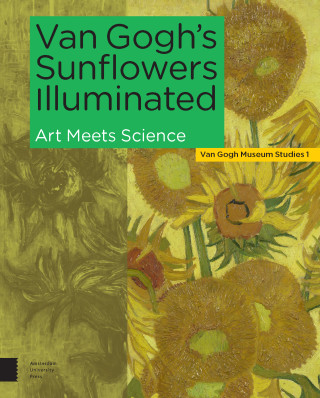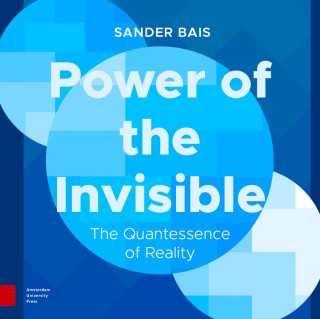Table of Contents;
Preface by Klaas Landsman;
Chapter 1. Nils Hansson, Ad Maas - Introducing Prize Studies: Perspectives on Reward Mechanisms in Science;
Chapter 2. Gustav Källstrand - Everybody’s Searching for a Hero: Controversial Nobel Laureates and the Status of the Nobel Prize;
Chapter 3. Ad Maas, Louise Lagarde - Nobel Artefacts: Material Heritage of Nobel Prize Laureates in the Netherlands;
Chapter 4. Daniela Link - What Heroes does Literature Need? Insight into the Nobel Prize as a Literary Motif;
Chapter 5. Annelie Drakman - The Post-Heroic Nobel Laureate having Fun: a New Scientific Ideal in Post-War America;
Chapter 6. Jelmer Heeren - Demythologizing Science: Reijer Hooykaas on Hero Worship as “Undesirable” and “Disdaining”;
Chapter 7. Christian Engberts - Honors Without Impact: Emil von Behring’s Inconsequential Nobel Prize;
Chapter 8. Rob van den Berg - A Hotly Contested Nobel: Christiaan Eijkman, Gerrit Grijns and the Discovery of Vitamin B1;
Chapter 9. Daniela Angetter-Pfeiffer - Konrad Lorenz, Nicolaas Tinbergen, and Karl von Frisch – the Scientific Network and the Controversy over the Nobel Prize in Physiology or Medicine in 1973;
Chapter 10. Nils Hansson, Giacomo Padrini, Andreas Winkelmann, Mathias Schütz - What does it take for an Anatomist to get a Nobel Prize? An Analysis of the Nobel Prize Nominations for Wolfgang Bargmann, Albert von Kölliker and Hans Spemann;
Chapter 11. Leander Scheel, Nils Hansson - Physicians as Candidates for the Nobel Peace Prize;
Index





